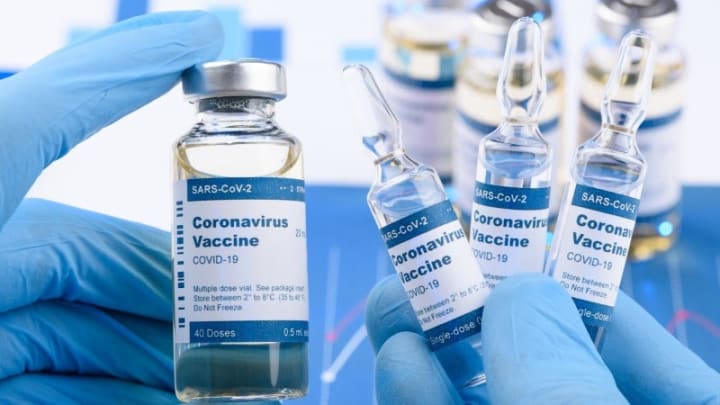Which Covid Vaccine Should You Get? Experts Cite the Effect Against Severe Disease
Infectious disease doctors say getting a shot of the J&J vaccine, which has a lower efficacy against the virus than other vaccines, would still be well worthwhile.
At first glance, the results reported on Friday from the long-awaited trial of Johnson & Johnson’s coronavirus vaccine might have seemed disappointing. Its overall efficacy — the ability to prevent moderate and severe disease — was reported at 72 percent in the United States, 66 percent in Latin American countries and 57 percent in South Africa.
Those figures appear far below the high bar set by Pfizer-BioNTech and Moderna, the first two vaccines authorized for emergency use in the United States, which reported overall efficacy from 94 to 95 percent.
Dr. Anthony S. Fauci, the nation’s leading infectious disease expert and now the lead medical adviser to President Biden on the coronavirus pandemic, acknowledged the striking difference at a briefing on Friday.
Which Covid Vaccine Should You Get? Experts Cite the Effect Against Severe Disease
“If you woke up and you say, ‘Well, go to the door on the left and you get 94 or 95 percent, go to the door on the right and you get 72 percent,’ which door do you want to go to?” he asked.
But Dr. Fauci said that the more crucial measure was the ability to prevent severe disease, which translates to keeping people out of the hospital and preventing deaths. And that result, for Johnson & Johnson, was 85 percent in all of the countries where it was tested, including South Africa, where a rapidly spreading variant of the virus had shown some ability to elude vaccines.
More important than preventing “some aches and a sore throat,” Dr. Fauci said, is to fend off severe disease, especially in people with underlying conditions and in older adults, who are more likely to become seriously ill and to die from Covid-19.
“If you can prevent severe disease in a high percentage of individuals, that will alleviate so much of the stress in human suffering and death in this epidemic that we’re seeing, particularly now,” Dr. Fauci said, “as we well know, over the last several weeks, our health care system has been stressed by the number of people that require hospitalization, as well as intensive care.”
Dr. Francis Collins, director of the National Institutes of Health, compared the ability to prevent severe disease to the effects of flu shots, which do not always prevent influenza entirely but can make it less severe.








